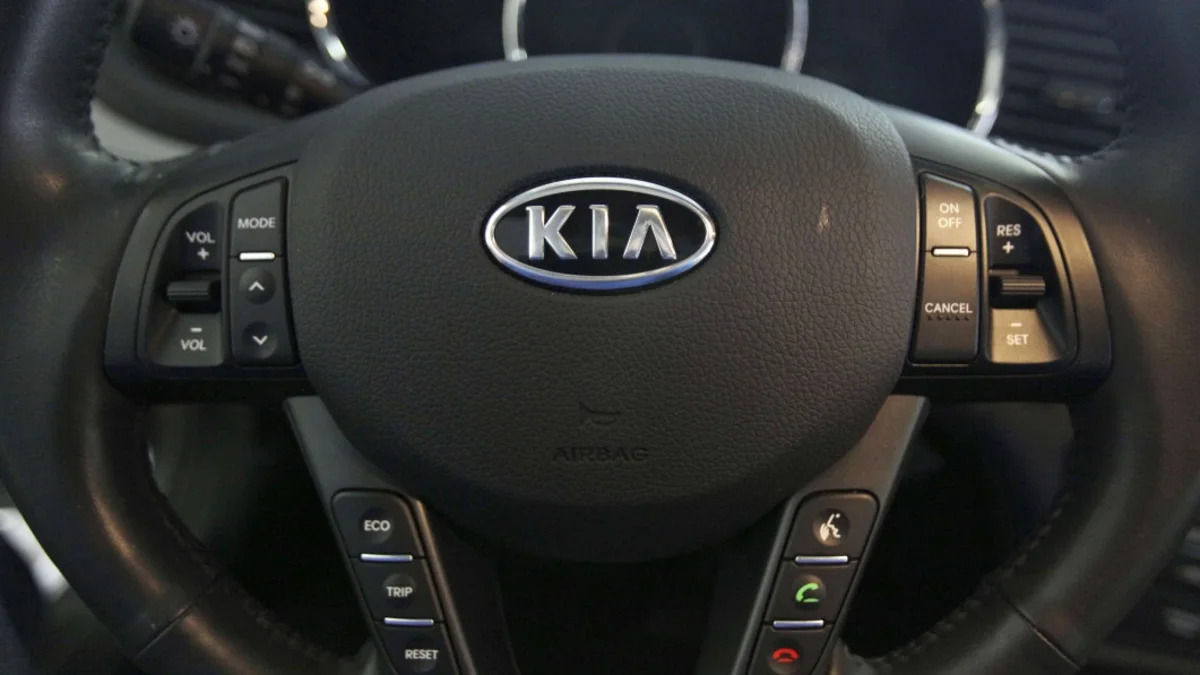Hyundai and Kia have been through the wringer for their vehicles’ lack of immobilizers, which has allowed rampant thefts of some older models. Insurance companies have refused to cover the vehicles, and there have been several third-party solutions promising protection, but the reality is that there are still plenty of theft-ready Korean cars on America’s streets. Chicago Mayor Brandon Johnson has a solution he hopes will spur action in his city, and it involves a lawsuit.
Chicago has sued Kia and Hyundai over what it said was a failure to include vital immobilizer technologies in vehicles. The city noted that the failure caused a “steep rise in vehicle thefts, reckless driving, property damage, and a wide array of related violent crimes in Chicago.” While all new Hyundais now get the tech, any older models missing immobilizers can be stolen in almost no time by thieves experienced with the process.
While Chicago’s crime rate has become insanely politicized in recent years, there’s no denying that the city has some alarming statistics. So far this year, more than 19,000 vehicles have been stolen there, which, as Automotive News points out, is twice the number seen in all of 2021 and three times the rate in 2019. A whopping 8,350 Hyundai and Kia vehicles were stolen in the city during the second half of last year, up from 500 in the first half.
Though Chicago was the first major American city to bring legal action against the Korean automakers, it’s not the only government entity to urge the Korean automakers to take action. Some 20 state attorneys general have pushed the companies to deliver solutions and bolster their vehicle protections. Many have pointed to the thefts as trigger points for more serious crimes, including sex trafficking and drug sales. Earlier this year, the automakers settled a class-action suit over the thefts to the tune of $200 million.
Still, it takes time to retrofit older models with updated tech or offer a third-party solution, so we’ve likely not heard the end of this yet. Here's some background on the problem and which vehicles are involved.


Sign in to post
Please sign in to leave a comment.
Continue